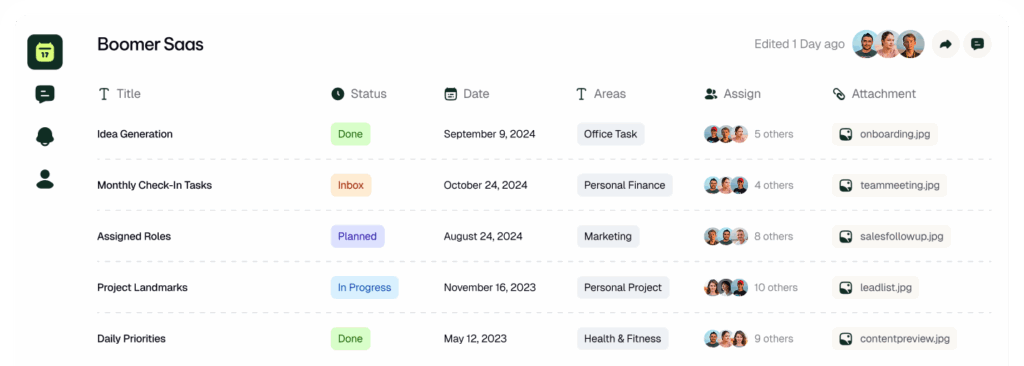Mastering Efficiency: Smart Ways to Handle Tasks Effectively
In a world where productivity is often equated with busyness, learning how to handle tasks effectively is a true competitive advantage. Mastering efficiency means doing the right things, in the right way, at the right time—consistently. Whether you’re managing your personal to-do list or leading a team, smart task handling can make a significant difference in outcomes and stress levels.
Here are proven strategies to help you work smarter, not just harder.
1. Start with a Clear Plan
Efficiency begins with clarity. Each day, take a few minutes to define your goals and list out the tasks required to achieve them. Use the SMART criteria (Specific, Measurable, Achievable, Relevant, Time-bound) to keep your tasks focused and actionable.
Pro Tip: Begin your day by identifying your top three priority tasks. These are the tasks that, if completed, will make the day feel successful.
2. Break Down Big Tasks
Large projects or complex tasks can feel overwhelming. Break them down into smaller, manageable steps. This approach, often referred to as “chunking,” reduces mental fatigue and builds momentum through small wins.
For example, instead of “Write report,” list:
- Outline report structure
- Gather data
- Draft introduction
- Edit and finalize
3. Embrace the Power of Focused Work
Multitasking is a myth. Studies show that switching between tasks reduces productivity by up to 40%. Instead, use time-boxed sessions (such as the Pomodoro Technique: 25 minutes of focused work followed by a 5-minute break) to stay concentrated and energized.
Silence notifications and set your status to “Do Not Disturb” during these focus periods.
4. Use the 80/20 Rule (Pareto Principle)
Not all tasks are created equal. The 80/20 Rule suggests that 80% of results come from 20% of efforts. Identify the few tasks that generate the most impact and prioritize them. Ask yourself: What task on my list, if completed, will move the needle the most today?
5. Leverage Technology Wisely
The right tools can significantly streamline how you manage tasks. Consider:
- Task managers: Asana, Trello, or ClickUp
- Time trackers: Toggl or RescueTime
- Automation tools: Zapier or IFTTT
Automate routine or repetitive tasks wherever possible to free up time for higher-level work.
6. Avoid Perfectionism
Perfectionism can be a major barrier to efficiency. While quality matters, striving for “good enough” in non-critical tasks often leads to better time use and faster progress. Ask yourself: Does this need to be perfect, or just done well?
7. Reflect and Adjust
At the end of each week, review what worked and what didn’t:
- Did you meet your priorities?
- What tasks took more time than expected?
- Are there bottlenecks you can address?
A regular weekly review helps refine your task management strategy and ensures continuous improvement.
Conclusion
Handling tasks effectively isn’t about squeezing more into your day—it’s about making your day work better for you. By planning with intent, focusing deeply, and prioritizing smartly, you can transform how you work and reclaim your time. Start small, stay consistent, and you’ll master efficiency one smart decision at a time.
Read similar articles
Start managing task better




